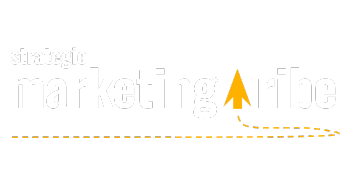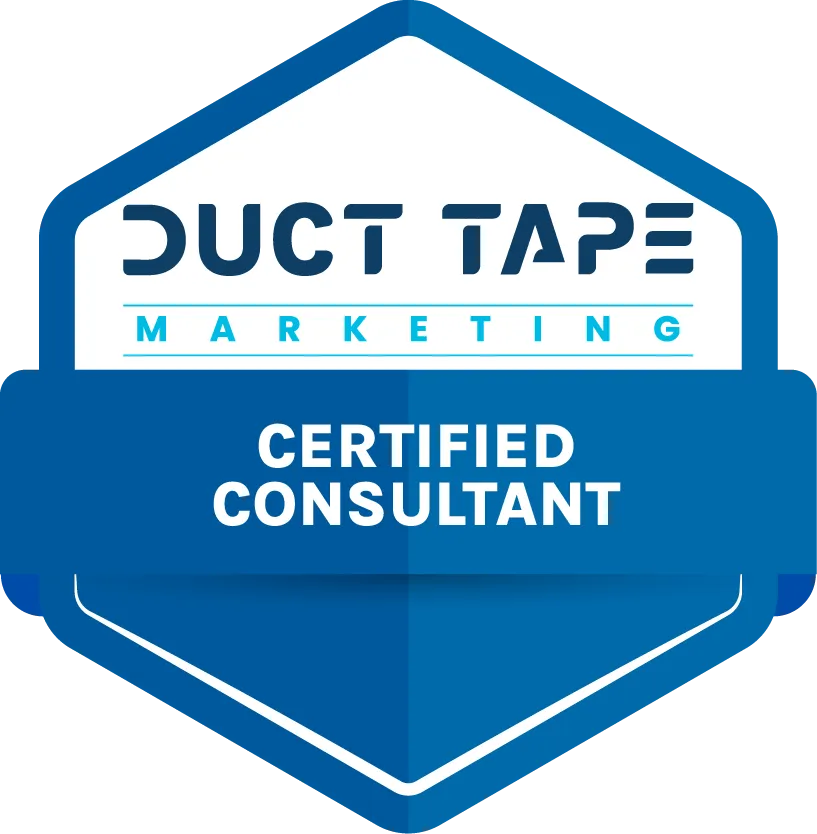STORY, MEET STRATEGY
Let’s make marketing feel less robotic and more real.
Find resources that bring your message—and your business—to life.
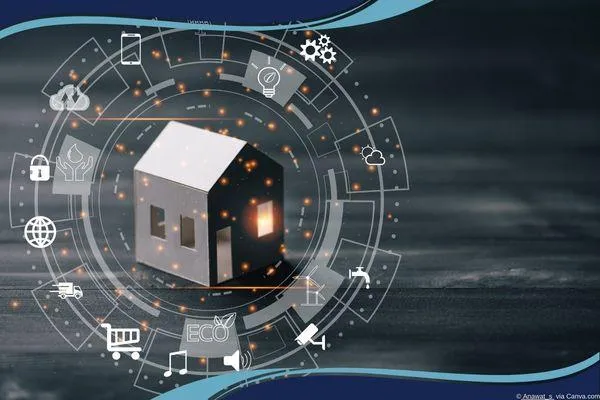
Hyper-Connectivity Is Reshaping Marketing—Here’s What To Do
By Vicky Sidler | Published 4 September 2025 at 12:00 GMT
If your clients seem more impatient, more distracted, or harder to reach than they were a few years ago, there’s a reason.
Hyper-connectivity isn’t just a buzzword. It’s the shift that’s quietly changing how people expect every business to show up—especially service providers.
A recent episode of Seriously Social from Sociallyin put it this way: South Korea’s 5G rollout is a preview of what’s coming everywhere. With faster networks and more connected devices, things like smart cities, telehealth, and automated homes are no longer just innovations. They’re the new baseline.
The question isn’t whether small businesses should jump on the tech. It’s how this shift changes what customers now expect from you—even if you’re not in tech at all.
And personally, this moment feels familiar.
I used to be a full-time tech news journalist about a decade ago. We were already preaching the gospel of hyper-connectivity back then. 5G, smart cities, connected everything. It was all supposed to change the world.
It was all “the smart fridge will buy your milk” and “soon your car will make your dentist appointments.” Obviously, none of that really took off.
But now? Seeing that same language circle back—this time backed by real infrastructure, real behaviour change, and actual client expectations—it’s surreal.
This time, it’s not just coming. It’s here. And you’ve been living in it whether you realise it or not.
TL;DR
Hyper-connectivity is raising expectations for convenience and clarity
Customers expect helpful, timely, frictionless communication
Intrusive or irrelevant messaging loses trust
The goal isn’t to be everywhere, but to show up in the right way at the right time
Need help getting your message right? Download the 5-Minute Marketing Fix.
Table of Contents
Hyper-Connectivity Is Reshaping Marketing—Here’s What To Do
What Hyper-Connectivity Actually Means for Service Businesses:
The Risk of Ignoring the Shift:
3 Practical Moves to Stay Relevant and Trusted:
1. Be Helpful in the Right Moment:
2. Be Clear About Data and Boundaries:
3. Cut the Clutter—Make Life Easier:
Gen Z Social Search Shift: How Brands Must Adapt
ChatGPT Brings Back 4o—Here's What Small Businesses Can Learn
AI Visibility: What ChatGPT, Google AI, and Perplexity Cite Most
YouTube Shorts AI Tools: What Small Businesses Should Know
New Marketing Book By Sara Nay Helps Small Businesses Escape Broken Models
Truecaller Faces South African Investigation Over POPIA Concerns
FAQs on Hyper-Connectivity and Marketing
What does hyper-connectivity actually mean?
Why should small service businesses care?
Do I need to advertise on smart devices?
What’s the biggest risk of ignoring this shift?
What Hyper-Connectivity Actually Means for Service Businesses:
Your clients might not care about 5G specs or smart devices. But they do care about speed, relevance, and ease.
Because they’re used to:
Ordering groceries with one click
Getting instant answers from chatbots
Receiving reminders before they forget something
That’s the environment your business is competing in, even if you’re offering coaching, plumbing, design, or legal advice.
If your emails are slow, your website clunky, or your booking process unclear, it stands out—for the wrong reasons.
The Risk of Ignoring the Shift:
In the Seriously Social discussion, Sociallyin’s Keith, Kaushal, and Nisha talked about how easy it is for brands to jump on megatrends without thinking through the strategy.
Their advice was clear: Don’t follow every trend. But do understand the ones that affect customer trust.
CEO Keith Kakadia explained:
“Marketers still think in terms of platforms like Facebook or TikTok, but hyper-connectivity means the platform is everywhere. Your car, fridge, or even a billboard could deliver a brand message. The real challenge is making those connections feel helpful instead of intrusive, so consumers build trust instead of tuning out.”
For small businesses, the message is simple: stop thinking of marketing as a campaign. Start thinking of it as a service interaction.
What Customers Expect Now:
Here’s what this shift means for your day-to-day:
Your clients want clear communication, fast
They want to know what you do, why it matters, and how to get started—without digging
They want their experience with you to be easy, not confusing
And they’ll quickly move on if something feels irrelevant or overly salesy
In other words, clarity and timing matter more than ever.
3 Practical Moves to Stay Relevant and Trusted:
1. Be Helpful in the Right Moment:
Not every channel is right for your business. But when someone’s already thinking about a problem you solve, that’s the time to show up.
This could be:
A reminder email just before a renewal
A blog post that answers a question they’re Googling
A simple lead magnet that clarifies a confusing topic
If your message solves a real problem at the right time, you don’t need to be “everywhere.”
2. Be Clear About Data and Boundaries:
Hyper-connectivity means people are more aware of how much data they share—and more skeptical about what happens to it.
Build trust by:
Explaining what you collect and why
Giving people control over what they receive
Offering value in exchange for attention
Trust is now part of the user experience.
3. Cut the Clutter—Make Life Easier:
Your clients are already busy. Don’t add to the noise.
Instead of more follow-ups, send fewer that are more relevant.
Instead of bigger websites, make what you already have easier to navigate.
Instead of clever copy, write clear, honest language that helps people decide.
When you make things easier, people remember.
Start With Your Message:
Before you worry about tools or channels, fix your foundation.
What do you do?
Who is it for?
Why should they care?
If that’s not clear, no platform or smart device will save you.
The 5-Minute Marketing Fix helps you get your message right—fast. One sentence that works everywhere.
Because the more connected the world gets, the more clarity becomes your competitive edge.
Related Articles
Gen Z Social Search Shift: How Brands Must Adapt
If hyper-connectivity is changing expectations, Gen Z is leading the charge. This article shows how to adapt when search becomes visual, social, and fast.
ChatGPT Brings Back 4o—Here's What Small Businesses Can Learn
Your customers expect clear, timely communication. This piece breaks down what happens when a company changes things without warning—and how to avoid the backlash.
AI Visibility: What ChatGPT, Google AI, and Perplexity Cite Most
In a world of shrinking attention spans, clarity matters. This article shows how to make sure your content is actually seen—by both humans and AI tools.
YouTube Shorts AI Tools: What Small Businesses Should Know
You don’t have long to make your message stick. Learn how short-form content and AI tools are reshaping visibility—and what still requires a human touch.
New Marketing Book By Sara Nay Helps Small Businesses Escape Broken Models
If you liked the part about getting your message right before chasing new platforms, you’ll want this book. It offers a clear system for building a marketing strategy you control.
Truecaller Faces South African Investigation Over POPIA Concerns
Trust is part of the user experience now. This article shows what happens when brands overstep with data—and why transparency is no longer optional.
FAQs on Hyper-Connectivity and Marketing
What does hyper-connectivity actually mean?
It means people are connected across multiple devices all the time—phones, laptops, smartwatches, even cars—and they expect businesses to respond as smoothly and quickly as their tech does.
Why should small service businesses care?
Because hyper-connectivity is shaping how clients expect to interact with every business, not just tech companies. If your communication feels slow, unclear, or out of sync, it breaks trust.
Do I need to advertise on smart devices?
No. You don’t need to be everywhere. You just need to show up clearly, helpfully, and on time—especially in the moments when your client is already looking for what you offer.
What’s the biggest risk of ignoring this shift?
Losing relevance. In a hyper-connected world, customers expect fast, frictionless interactions. If you’re too slow, too vague, or too pushy, they’ll move on quickly.
How can I build trust in a hyper-connected environment?
Be transparent about how you use customer data, show up with helpful messages (not noise), and make every interaction feel easy. Trust is earned in how you communicate—not just what you say.
Where should I start?
Get your message right. If someone can’t understand what you do and why it matters in one clear sentence, the rest won’t land. The5-Minute Marketing Fix is a free tool that helps you do exactly that.
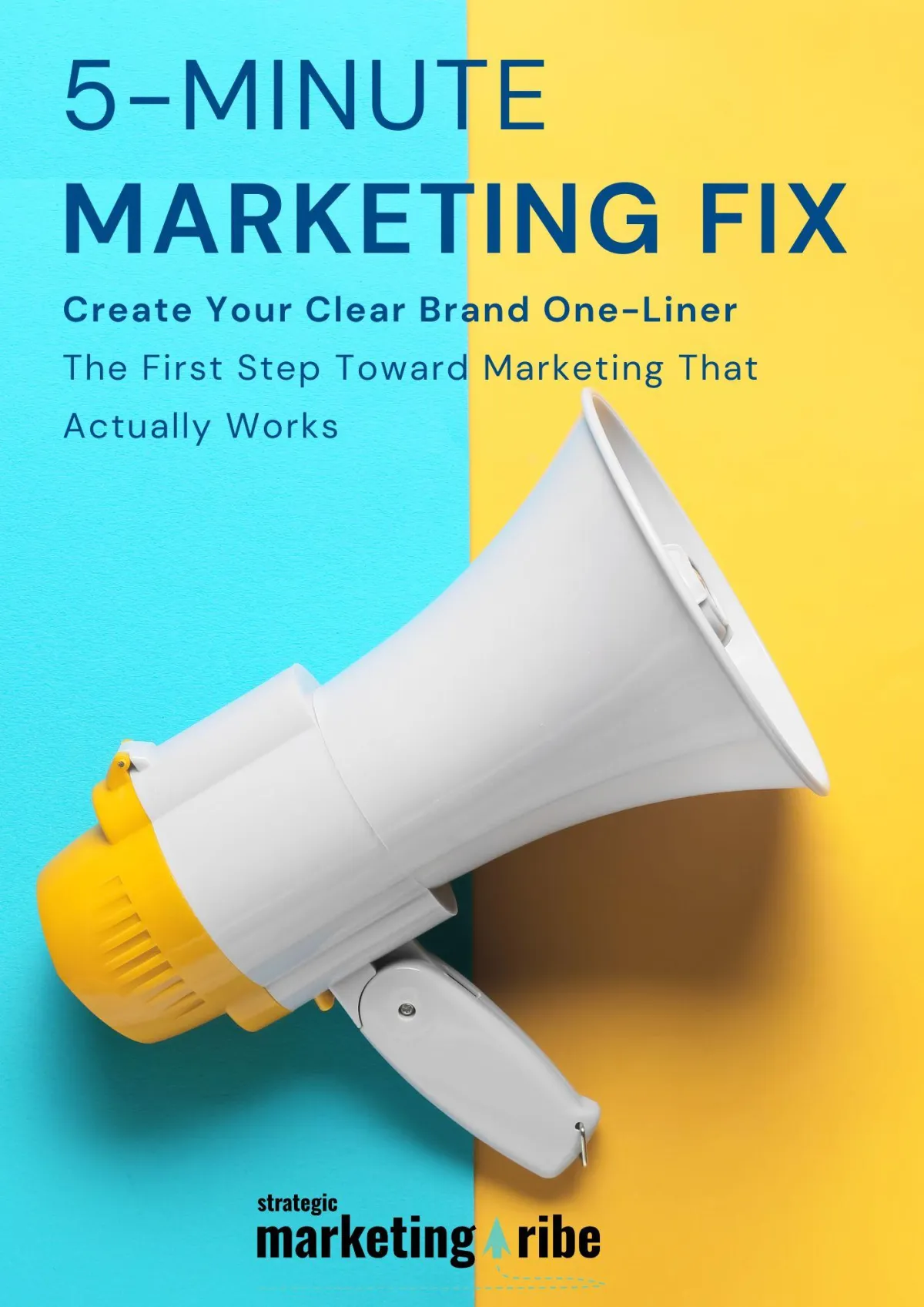
Created with clarity (and coffee)
